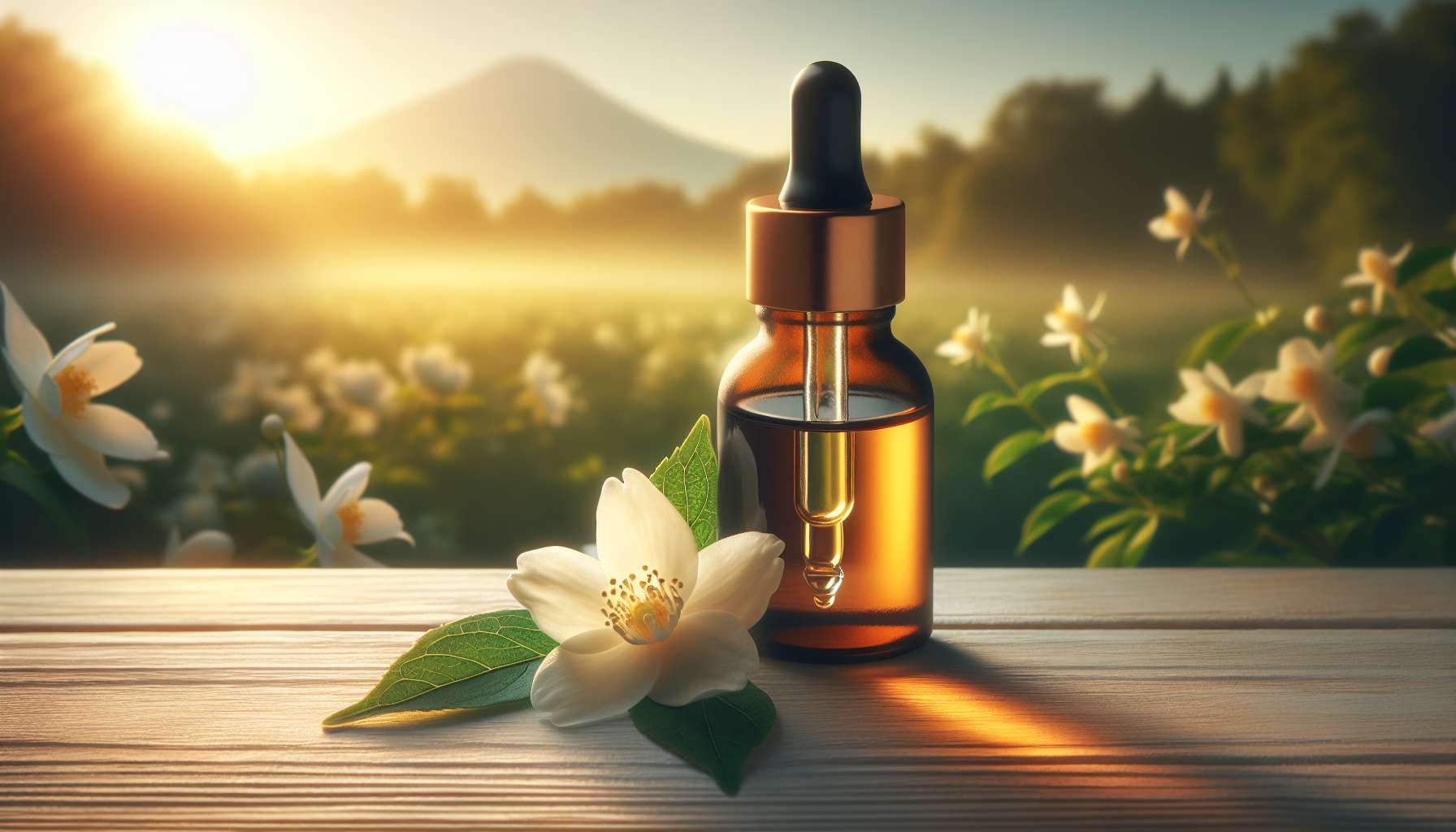Natural Face Masks: Unveiling the Secrets of Radiant Skin
When it comes to skincare, the quest for flawless, glowing skin knows no bounds. From serums to moisturizers, the beauty industry offers a plethora of products promising to transform your complexion. However, amidst the sea of options, one skincare essential has stood the test of time natural face masks. These potent concoctions of botanical extracts, nourishing oils, and rejuvenating clays have been revered for centuries for their ability to cleanse, purify, and revitalize the skin.
But what exactly are natural face masks, and what sets them apart from their chemical-laden counterparts? In this comprehensive guide, we will delve deep into the world of natural face masks, exploring their origins, benefits, and how they can revolutionize your skincare routine. So, sit back, relax, and prepare to uncover the secrets of radiant skin!
The History of Natural Face Masks
From ancient Egypt to modern-day spas, the use of face masks has been a cornerstone of skincare rituals across cultures and centuries. The earliest recorded evidence of face masks dates back to the ancient Egyptians, who used a mixture of honey and milk to nourish and protect their skin. In ancient China, empresses were known to concoct elaborate face masks using precious ingredients like pearl powder and ginseng to achieve a porcelain-like complexion.
Fast forward to the present day, and the popularity of natural face masks shows no signs of waning. With an increasing focus on clean beauty and sustainability, consumers are turning to natural ingredients like aloe vera, turmeric, and charcoal to address their skincare concerns. These time-tested remedies have been passed down through generations, each ingredient carefully selected for its unique properties and benefits.
The Science Behind Natural Face Masks
What sets natural face masks apart from their synthetic counterparts is their reliance on plant-based ingredients that are rich in vitamins, minerals, and antioxidants. These botanical extracts work synergistically to nourish the skin, repair damage, and promote a healthy complexion. For example, ingredients like green tea extract are known for their anti-inflammatory properties, while honey acts as a natural humectant, drawing moisture into the skin.
Furthermore, natural face masks often contain clay or mud, which have purifying and detoxifying properties. Clay masks are particularly effective at drawing out impurities, unclogging pores, and absorbing excess oil, making them ideal for those with oily or acne-prone skin. Additionally, the gentle exfoliating action of clay helps to slough off dead skin cells, revealing a brighter, more radiant complexion underneath.
The Benefits of Natural Face Masks
One of the key benefits of natural face masks is their ability to address a wide range of skincare concerns, from acne and dullness to dryness and sensitivity. By incorporating natural ingredients into your skincare routine, you can tailor your mask to target specific issues and achieve visible results. For example, a honey mask can soothe inflammation and hydrate dry skin, while a charcoal mask can detoxify and clarify congested pores.
Moreover, regular use of natural face masks can help to improve the overall health and appearance of your skin. By providing essential nutrients and hydration, these masks can strengthen the skin barrier, enhance elasticity, and promote a youthful glow. Whether you’re looking to minimize fine lines, even out skin tone, or simply pamper yourself, natural face masks offer a holistic approach to skincare that is both effective and gentle.
How to Choose the Right Natural Face Mask
With a myriad of natural face masks available on the market, finding the perfect one for your skin type and concerns can be overwhelming. To make the selection process easier, consider the following factors:
Skin Type:
Identifying your skin type is crucial when choosing a natural face mask. If you have oily or acne-prone skin, opt for a clay mask to absorb excess oil and unclog pores. For dry or sensitive skin, look for masks with hydrating ingredients like avocado oil or shea butter.
Ingredients:
Take a closer look at the ingredients list to ensure that the mask is free of harsh chemicals, fragrances, and preservatives. Look for natural, organic ingredients that are known for their skin-loving properties, such as aloe vera, coconut oil, and rosehip seed oil.
Concerns:
Consider your specific skincare concerns when choosing a natural face mask. Whether you’re looking to brighten dull skin, reduce redness, or minimize pores, there is a mask out there to address your needs. Look for masks that target your specific concerns for optimal results.
DIY Natural Face Masks: Harnessing the Power of Nature
For those who prefer a hands-on approach to skincare, DIY natural face masks offer a fun and cost-effective alternative to store-bought options. By using simple, pantry-friendly ingredients, you can create customized masks tailored to your skin’s needs. Here are a few DIY natural face mask recipes to get you started:
Honey and Yogurt Mask:
Combine 1 tablespoon of raw honey with 1 tablespoon of plain yogurt. Apply the mixture to clean, dry skin and leave on for 15-20 minutes. Rinse off with warm water for soft, supple skin.
Oatmeal and Banana Mask:
Mash half a ripe banana with 1 tablespoon of ground oatmeal to form a paste. Apply to the face and neck, avoiding the eye area. Leave on for 10-15 minutes, then rinse off with lukewarm water for a gentle exfoliating effect.
Avocado and Honey Mask:
Mash half a ripe avocado with 1 tablespoon of honey until smooth. Apply to clean skin and leave on for 15-20 minutes. Rinse off with cool water for a nourishing and hydrating boost.
Expert Opinions on Natural Face Masks
According to renowned dermatologist Dr. Ava Shamban, “Natural face masks are a great way to pamper your skin and give it the nutrients it needs to thrive. By incorporating natural ingredients into your skincare routine, you can achieve a healthy, radiant complexion that glows from within.”
Beauty expert and founder of a natural skincare brand, Jane Smith, adds, “I believe that natural face masks are the future of skincare. Consumers are becoming more conscious of what they put on their skin, and natural ingredients offer a safe and effective alternative to harsh chemicals. Whether you have sensitive skin or are concerned about the environment, natural face masks provide a sustainable solution for all.”
Common Misconceptions About Natural Face Masks
Despite their popularity, natural face masks are often surrounded by misconceptions and myths. One common misconception is that natural ingredients are not as effective as synthetic ones. In reality, many natural ingredients have been scientifically proven to deliver powerful skincare benefits, from antioxidant protection to anti-aging properties.
Another misconception is that natural face masks are only suitable for those with sensitive skin. While natural ingredients are gentle and soothing, they can benefit all skin types, from oily and acne-prone to dry and mature. By choosing the right ingredients and formulations, anyone can enjoy the nourishing benefits of natural face masks.
FAQs About Natural Face Masks
Q: How often should I use a natural face mask?
A: It is recommended to use a natural face mask 1-2 times a week, depending on your skin type and concerns. Overusing a mask can lead to irritation or dryness, so listen to your skin and adjust as needed.
Q: Can natural face masks help with acne?
A: Yes, natural face masks can be effective in treating acne by absorbing excess oil, unclogging pores, and reducing inflammation. Look for masks with ingredients like tea tree oil, witch hazel, or kaolin clay for best results.
Q: Are natural face masks suitable for sensitive skin?
A: Yes, natural face masks are generally well-tolerated by sensitive skin, as they are free of harsh chemicals and fragrances. However, it is always recommended to perform a patch test before trying a new product to ensure compatibility.
To Wrap Things Up
As we’ve explored in this guide, natural face masks offer a wealth of benefits for the skin, from nourishing and hydrating to detoxifying and brightening. By incorporating natural ingredients into your skincare routine, you can achieve a radiant complexion that glows from within. Whether you opt for a store-bought mask or a DIY recipe, the key is to listen to your skin’s needs and choose ingredients that will nourish and rejuvenate your complexion. So, why wait? Treat yourself to a luxurious natural face mask and unveil the secret to radiant skin today!




